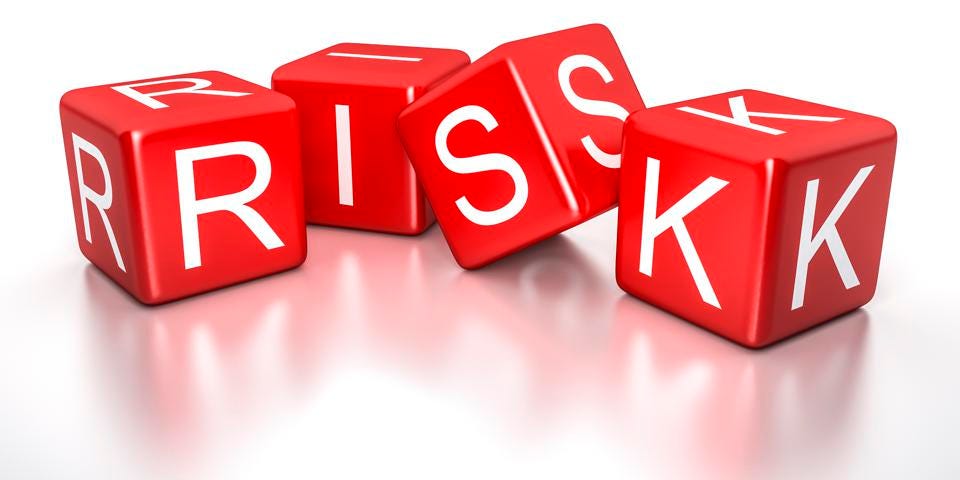
The Florida economy has been one of the fastest-growing in the United States in recent years, driven by a robust tourism industry, a growing population, and a favorable business climate. However, like any economy, Florida faces a range of risks that could potentially derail its growth trajectory. In this article, we will explore some of the key risks to the Florida economy.
- Natural disasters: Florida is known for its beautiful beaches, warm weather, and abundant sunshine. However, it is also one of the most hurricane-prone states in the country, with a long history of devastating storms. Hurricane Andrew in 1992 caused over $25 billion in damage, and Hurricane Irma in 2017 caused over $50 billion in damage. With climate change causing more extreme weather events, Florida’s vulnerability to hurricanes and other natural disasters is likely to increase in the coming years.
- Rising sea levels: As a coastal state, Florida is particularly vulnerable to the impacts of rising sea levels. The state’s extensive coastline and low-lying geography make it especially susceptible to flooding and other negative effects of sea-level rise. According to a recent report by the Union of Concerned Scientists, by 2045, more than 1 million Florida homes could be at risk of chronic flooding, which could have significant economic consequences.
- Tourism decline: Tourism is a major driver of the Florida economy, with millions of visitors flocking to the state’s beaches, theme parks, and other attractions every year. However, the COVID-19 pandemic has had a severe impact on the tourism industry, with many visitors canceling their trips and businesses struggling to stay afloat. As the pandemic continues, the risk of a prolonged tourism decline remains a significant threat to the Florida economy.
- Real estate market volatility: The Florida real estate market has seen significant ups and downs over the years, with booms and busts that have had far-reaching economic consequences. The 2008 housing crisis hit Florida particularly hard, leading to a wave of foreclosures and a sharp decline in property values. While the real estate market has largely recovered since then, there are still concerns about overbuilding and potential bubbles in certain markets.
- Cybersecurity threats: As more businesses move online and rely on technology to conduct their operations, the risk of cybersecurity threats has become an increasingly pressing concern. Florida is home to a large number of tech companies and startups, which makes it a prime target for hackers and cybercriminals. A major cybersecurity breach could have significant economic consequences, both for individual businesses and for the state as a whole.
- Dependence on certain industries: While the Florida economy is diverse, certain industries, such as tourism and real estate, are particularly important to the state’s economic well-being. Overdependence on any one industry can be risky, as downturns or disruptions in that industry can have ripple effects throughout the economy. For example, a decline in tourism could lead to job losses in related industries, such as hospitality and transportation.
- Income inequality: Like many other states, Florida has seen a significant increase in income inequality in recent years. This can have negative economic consequences, as those with lower incomes may struggle to make ends meet and may have less money to spend on goods and services. In addition, high levels of income inequality can lead to social unrest and political instability, which can further harm the economy.
- Political instability: Florida has a history of political volatility, with closely contested elections and contentious political battles. Political instability can be harmful to the economy, as it can lead to uncertainty and a lack of confidence among investors and businesses. In addition, political instability can make it difficult to pass legislation or implement policies that are needed to support economic growth and development.
- Aging population: Like many other states, Florida is experiencing an aging population as the baby boomer generation enters retirement. This can have economic consequences, as retirees may have different spending patterns and may require more healthcare services. In addition, an aging population can lead to a shrinking workforce, which can make it more difficult for businesses to find qualified workers.
- Education and skills gap: While Florida has made significant investments in education in recent years, there is still a skills gap in certain industries. For example, there is a shortage of workers with skills in STEM fields, which are increasingly important to the state’s economy. Addressing this skills gap will be critical to ensuring that Florida has the workforce it needs to support economic growth and development.
In conclusion, while the Florida economy has many strengths, it also faces a range of risks that could potentially disrupt its growth and prosperity. By addressing these risks head-on and taking proactive measures to mitigate them, Florida can continue to thrive and remain one of the most dynamic and vibrant economies in the United States.



